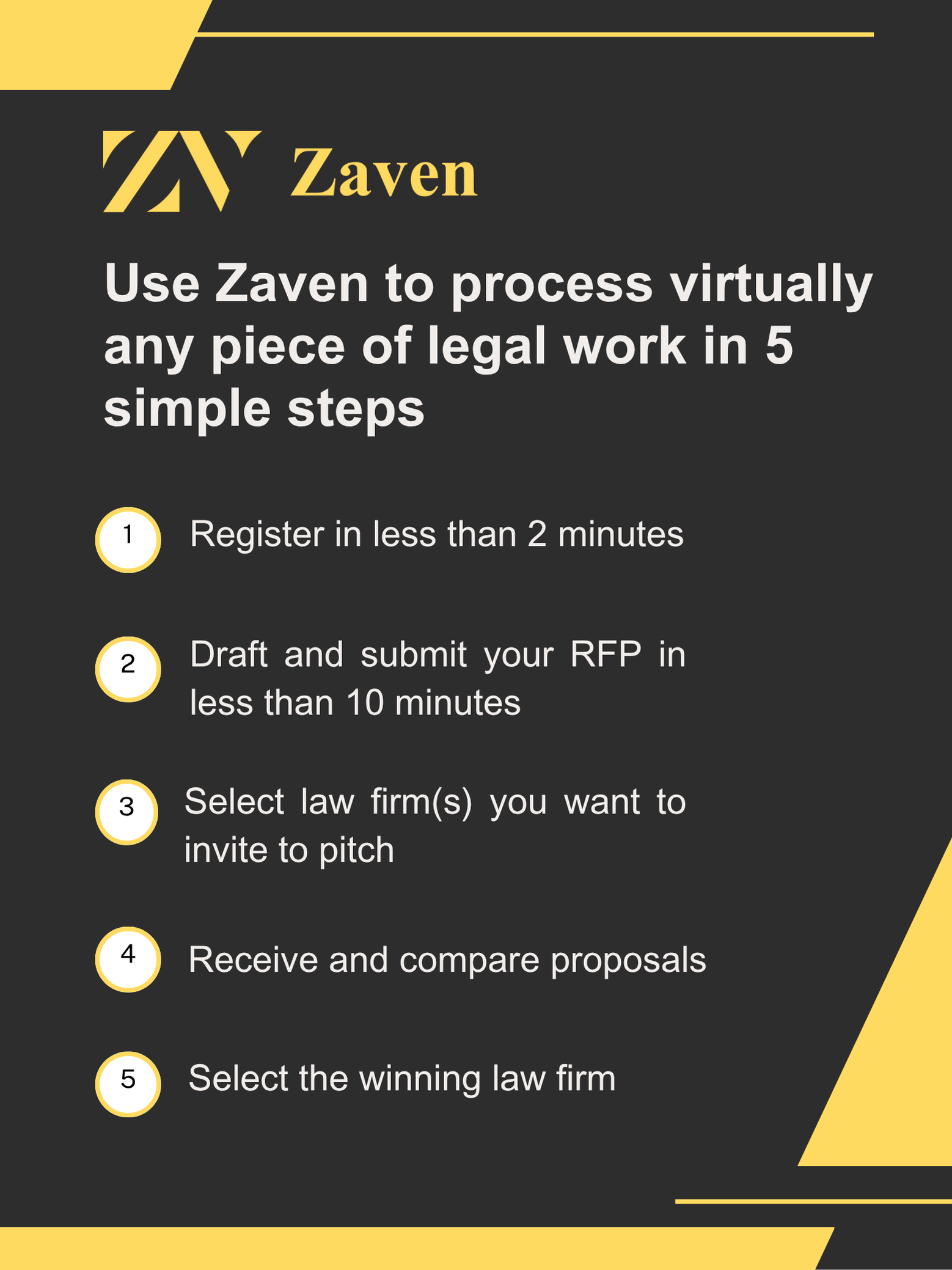Source: The Lawyer
The UK government’s AI Opportunities Action Plan, backed by over £14 billion in investment, isn’t just reshaping public procurement—it’s providing a roadmap that Big Law firms should study. The government’s systematic approach reveals both the immense potential and critical pitfalls that legal organizations must navigate as they integrate AI.
The Three-Phase Blueprint
The UK’s Department for Science, Innovation & Technology developed a “Scan > Pilot > Scale” framework that addresses challenges facing large law firms: how to move beyond isolated experiments to enterprise-wide AI deployment while managing risk.
Scan: Build deep understanding of AI capabilities and identify high-impact opportunities through cross-functional teams.
Pilot: Develop prototypes with robust evaluation and published results.
Scale: Roll out successful pilots across organizational boundaries with proper infrastructure standards.
Parallel Challenges
The government’s AI procurement challenges mirror those confronting Big Law:
Administrative Efficiency Gains
Public procurement reports potential 60% reductions in processing time through AI automation. Law firms are experiencing similar gains in document review, contract analysis, and legal research. Both sectors face increased volume without corresponding evaluation capacity—AI’s efficiency may generate more work (procurement bids, legal matters) than teams can properly assess.
The “Black Box” Problem
The government identifies a transparency crisis: “Algorithms often operate as ‘black boxes’, making it difficult for unsuccessful bidders to understand the rationale behind a decision.” This translates directly to legal practice, where clients demand explanations for AI-assisted advice and courts require transparent reasoning.
For lawyers, this creates professional responsibility issues beyond client relations. Rules requiring competent representation become complex when AI systems make opaque recommendations.
Vendor Over-Reliance
The Action Plan warns that “insufficient AI knowledge risks over-reliance on suppliers, blurring accountability lines.” Many law firms have outsourced AI implementation without developing internal expertise, creating dangerous dependencies with sensitive client data.
Higher Stakes for Legal Practice
Legal practice faces additional constraints that make AI adoption more complex:
- Professional Responsibility: Lawyers face personal liability for AI errors and must understand tools they use
- Client Confidentiality: Strict limits on how client data can be processed through AI systems
- Regulatory Uncertainty: Evolving professional conduct rules could retroactively affect technology investments
The Big Law Implementation Strategy
Drawing from the government’s approach, law firms can develop their own framework:
Strategic Scanning: Establish AI governance committees, map capabilities against practice needs, develop vendor relationships while maintaining independence.
Controlled Piloting: Launch limited AI pilots with quality control, develop internal expertise, establish client disclosure protocols.
Measured Scaling: Roll out successful pilots with training systems, create firm-wide policies, establish ongoing monitoring.
Critical Lessons
The government’s experience offers crucial insights:
Invest in Internal Expertise: Don’t outsource AI governance to vendors. Develop capabilities to evaluate and oversee AI systems.
Prioritize Transparency: Develop clear policies for disclosing AI assistance to clients and courts.
Start Small: Focus on high-impact, low-risk applications first rather than implementing across all practice areas.
Address Skills Gaps: Train lawyers to understand AI capabilities and limitations, not just tool usage.
The government’s £14 billion investment represents fundamental organizational reimagining. Law firms that adapt this systematic approach while addressing legal practice’s unique challenges will gain competitive advantages. Those without coherent AI strategies risk being left behind in an increasingly technology-driven marketplace.
Read more: The Lawyer







